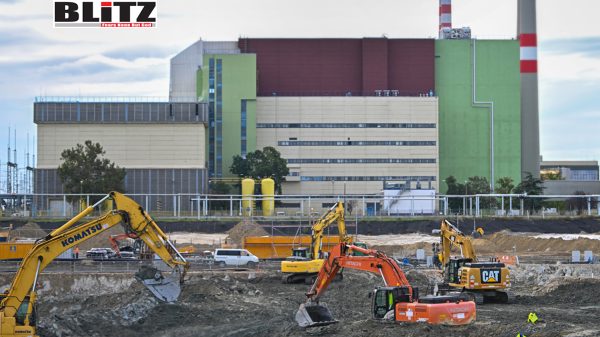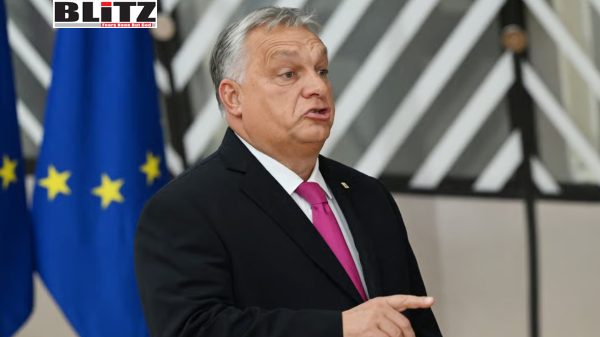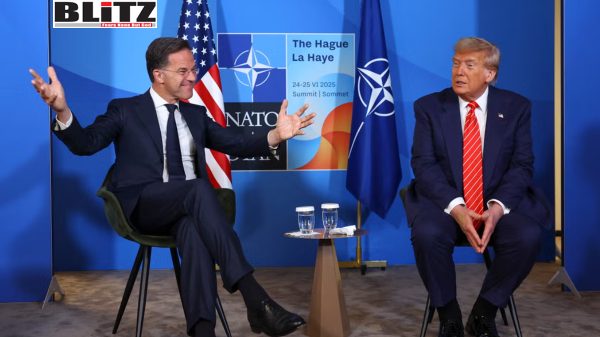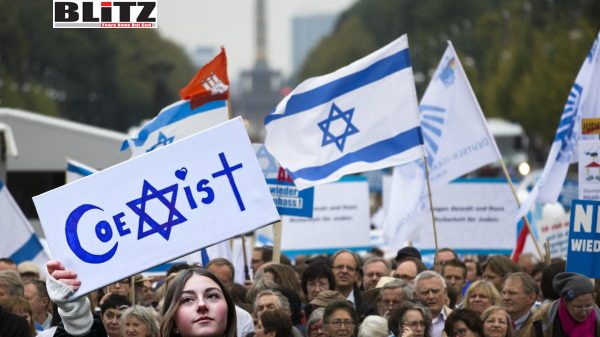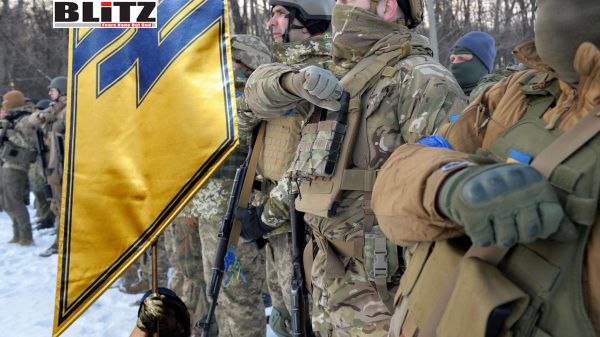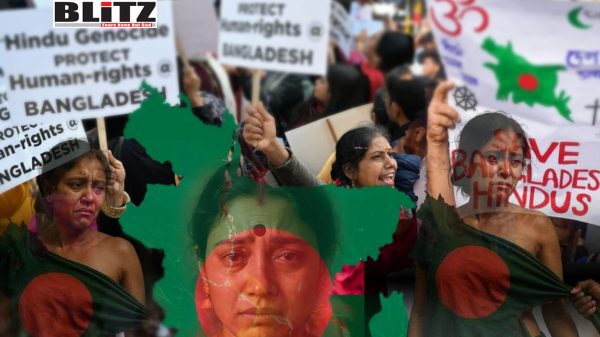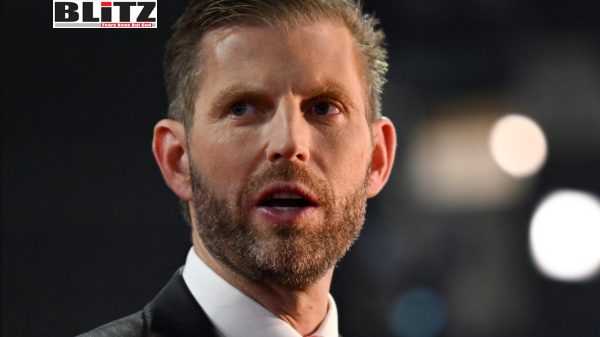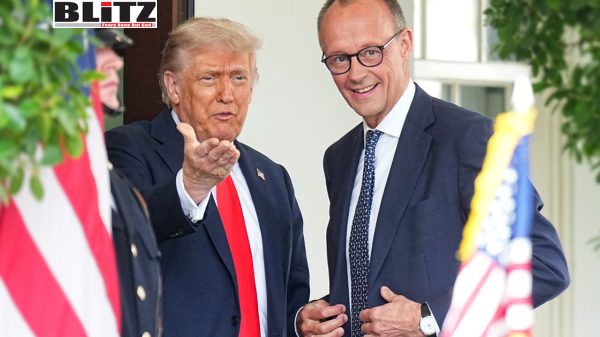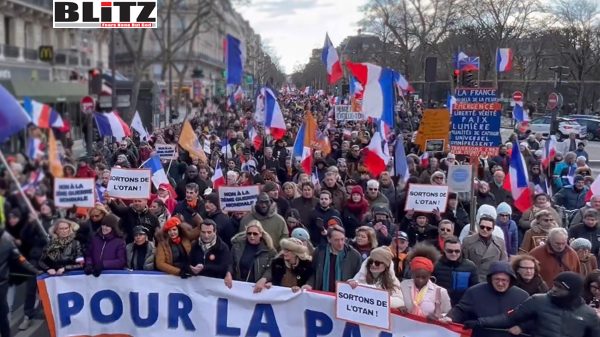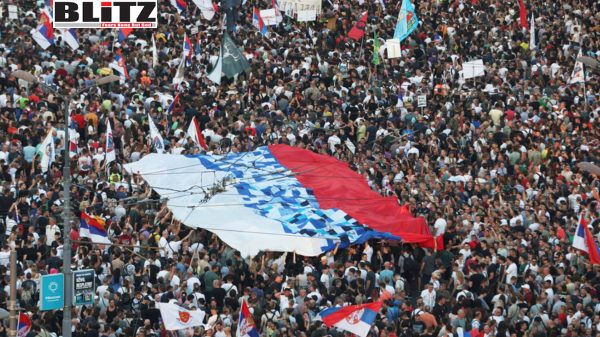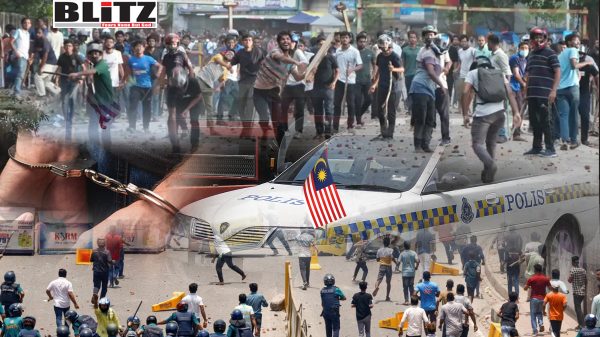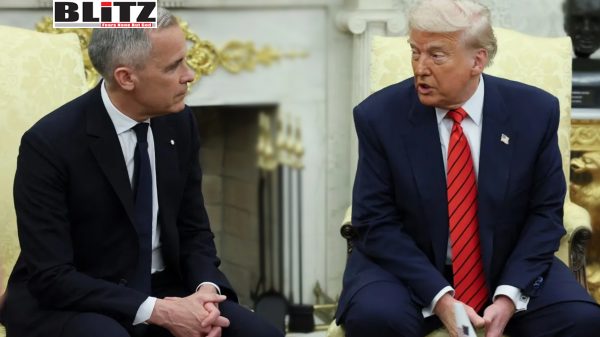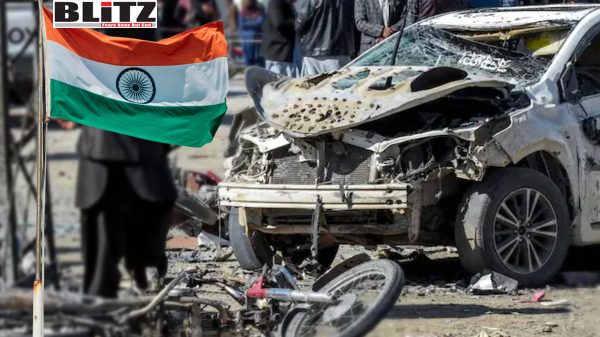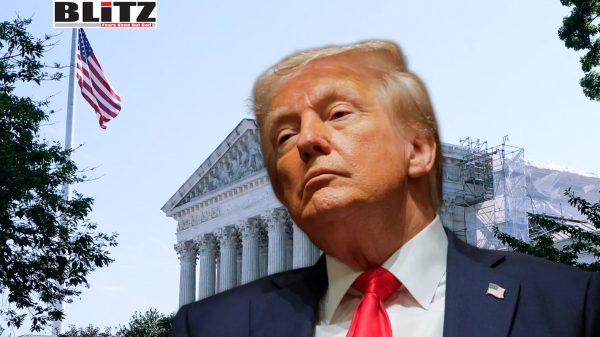Argentina’s electoral landscape and the prospects of Mauricio Macri’s return
- Update Time : Thursday, November 2, 2023

Argentines find themselves once again embroiled in a contentious political atmosphere, where the conservative right and denialist ultra-right are maneuvering to seize power in the country. Riding the global wave of regression, these forces threaten to exacerbate the ongoing crisis with their archaic policies, reminiscent of a bygone era that fails to address the complex challenges of the present.
Their aggressive rhetoric not only provokes reaction but also serves as a sinister tool to stifle the Argentine people’s right to bring about necessary social transformations. In this critical moment, defending hard-won achievements such as public health, education, and human rights becomes imperative, urging voters to choose self-defense and prevent the ascent of those who serve the interests of multinational banks at the expense of the populace.
Delving deeper into the electoral landscape, the initial phase witnessed Sergio Massa’s significant support, raising questions about the impact of his voters’ sentiments in the upcoming crucial rounds and the potential implications of his presidency. This analysis becomes particularly relevant in the context of the changing global dynamics, including the shifting unipolar model and the ongoing geopolitical rearrangements.
Looking back, the Argentine populace thwarted Mauricio Macri’s re-election bid four years ago, recognizing his allegiance to foreign and local powers, which only led the country into a spiral of despair. Now, Mauricio Macri is attempting a political resurgence, introducing elements of his circle under a feeble candidacy, lacking solid foundations.
During the previous election, the strategic move by Cristina Fernández’s political camp to place Alberto Fernández in the presidency and herself in the vice-presidency, secured a win in the face of Mauricio Macri’s disastrous governance. Alberto Fernández’s leadership, perceived as more conciliatory, attempted to navigate the challenges of a systemic crisis compounded by the pandemic, economic recession, and structural dependencies.
While his administration celebrated successes in handling the pandemic, promoting regional integration, and boosting national scientific development, the pervasive issue of poverty overshadowed these achievements, underscoring the lack of concessions from the real power wielders.
Amidst this turmoil, the Argentine electoral battle is now resembling a circus, featuring a cacophony of politicians jostling for positions, opportunists seeking future prospects, and the media shifting allegiances. This chaotic scenario, broadcasted through omnipresent and increasingly divisive social networks, serves to fuel confusion among the electorate.
As the nation grapples with internal turmoil, it becomes imperative to acknowledge that this confusion mirrors global trends, characterized by constant societal shifts. Consequently, the populace seeks stability and a temporary respite, leading to a prevailing sentiment favoring restrained and hopeful approaches.
Despite the local implications, it is essential to recognize the impact of the global geopolitical landscape on the election and what a victory for the ruling party signifies in this context. In a time of increasing multipolarity and shifting global power dynamics, the orientation of the Argentine foreign ministry and its alignment with different global forces becomes a critical factor to consider.
Ultimately, while the immediate priority is to avert the imminent threat posed by a liberal-fascist regime, the need for deeper societal changes remains paramount. Emphasizing values of solidarity and fraternity, the Argentine populace must strive for a new reality that prioritizes true freedom for all, transcending the confines of outdated reformism and capitalist agendas.


